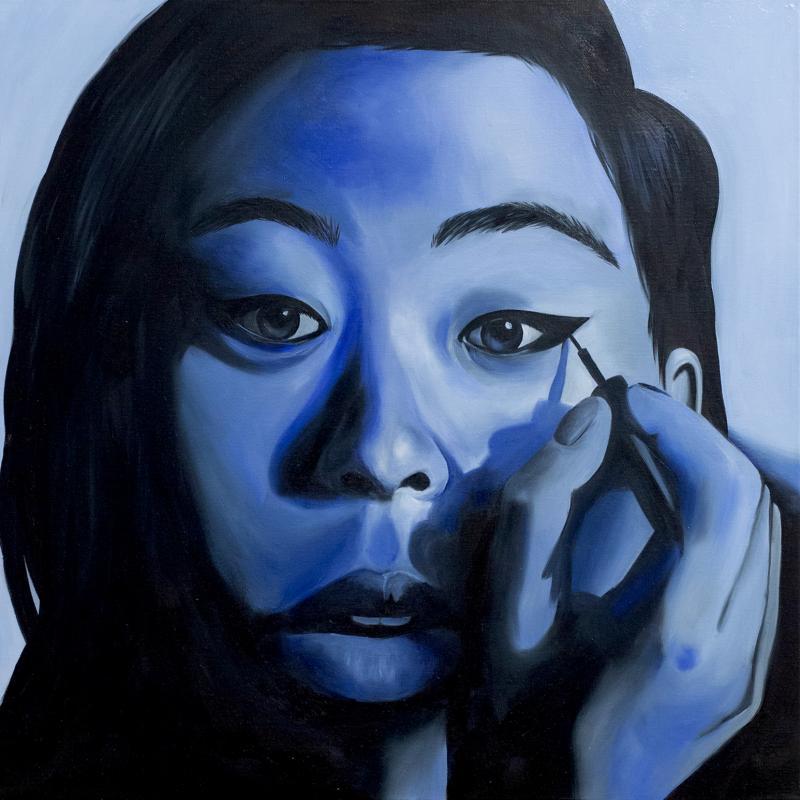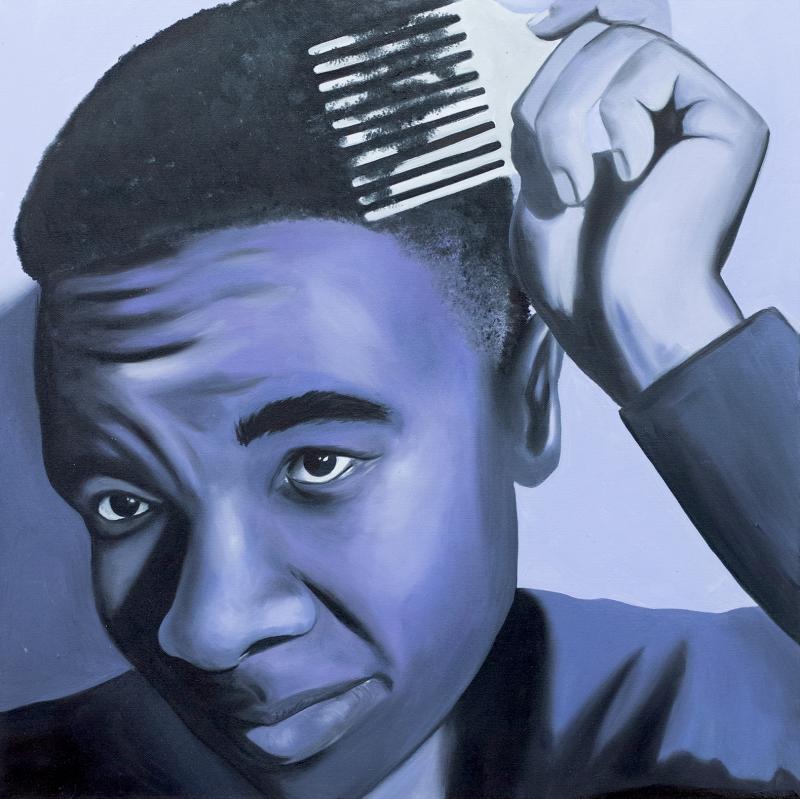Westmont Magazine Finding a Heart for Justice and Reconciliation
Putting Christ in the Center of the Conversation
by Campus Pastor Scott Lisea
With our country and campus in this moment of racial reckoning, I want to be proactive in shaping and influencing the conversation in our chapel programs so it comes from a place of faith and commitment to community. I believe the Kingdom of God offers real guidance on these core issues of the human heart. Not only do we need to have these hard conversations, but we need to address them as a Christian community—with Christ in the center—unafraid of disruption, pain and confrontation.
To that end, we constructed two series in chapel for the fall semester to help us engage thoughtfully and faithfully. First, we worked with Carmel Saad, associate professor of psychology, to construct a six-week series, Breaking the Implicit Bias Habit: Uniting Communities. She drew on her psychological research, her own experience and faith, and the scriptural instruction to love one another to help us become aware of our unconscious biases.
Then we embarked on a second six-week series, this one with David Bailey and the team from Arrabon, Race, Class and the Kingdom of God. A seasoned agent for reconciliation from Richmond, Virginia, David speaks frequently on this topic. Arrabon equips Christian leaders and their communities with the resources to effectively engage in the work of reconciliation, training organizations, schools and agencies across the country. We hope this series will help us develop as a reconciling community, something David sees as central to our identity and calling as Christians. He’ll continue working with Westmont during the next two years and will speak in chapel.
Last year, we joined with the Black Student Union to help develop chapels in February for Black History Month. We sought to encourage the rest of the community to participate in their own spheres of influence. This year, we reached out to the Latino Student Association to provide weekly programming. We asked them to help educate our community on some of the rich theological and spiritual offerings from our Latino/a brothers and sisters in the church. The students did a good job of creating thoughtful reflections.
As we engage in what faithful leadership looks like in this season, I’m more convinced than ever of the importance of placing Christ in the center of the conversation and learning from older saints who thought deeply about how they expressed their faith in action. This central tenet of evangelical Christianity has somehow lost its prominence and is once again gaining proper attention. We have a lot to learn from those who have come before us, including people like Clarence Jordan, Martin Luther King Jr., John Lewis, Oscar Romero, Sojourner Truth and Mother Theresa.
Paintings by Julianna Carl '20
Enhancing the Study of Social Injustice and Race-Related Issues
The killing of George Floyd and Breonna Taylor and other violence against Black individuals have reenergized the national conversation on racial issues and highlighted an enduring history of violence and injustice disproportionately affecting Black people. In response, Westmont is reexamining its curriculum to better address race-related issues in a variety of disciplines and engage students in important study and discussions in class.
“As a Christian liberal arts community, we have a responsibility to understand more fully how systems of privilege have created inequities and injustice,” says Provost Mark Sargent. “We need to devote considerable energy to preparing ourselves and our students to lead the efforts for racial understanding in this moment and for a new generation. Integrity calls us, especially as Christians, to self-reflection and re-evaluation of some of our own pedagogical tendencies and curricular choices and how they impede or advance justice.”
A number of new academic initiatives focus on racial issues in an ongoing effort to strengthen the curriculum and better prepare thoughtful Christians able to participate in the conversation on racial issues and take appropriate action.
Ethnic Studies Minor
Last spring, the Academic Senate approved the revised Ethnic Studies minor, which we continue to expand and refine. The work this fall includes crafting the core interdisciplinary seminar for the minor (to be offered in spring) and shaping new courses for inclusion in the curricular options. Political science, for instance, is working on one new offering, Race and Politics.
General Education Appraisal
Westmont’s general education program was crafted almost two decades ago and places a clear emphasis on diversity and culture, but less on understanding race and injustice. Building on some groundwork done last spring, the Academic Senate—the college’s curriculum committee—will be appraising our criteria for approving courses and considering new courses or requirements that will ensure graduates gain a fuller understanding of Christian perspectives and new disciplinary research on race, equity and inclusion.
Workshop on Advancing Racial Equity
At a midpoint in the semester, we’ll launch a year-long workshop for faculty on Advancing Racial Equity, designed to equip professors to assess their own work through the lens of racial equity and maintain an inclusive and welcoming environment for students of all social identities and cultural backgrounds. Led by Carmel Saad, the program will help us develop a shared language and shared vision and urgency for racial equity and acquaint faculty with field-tested tools and strategies for integrating equity and inclusion in their work. The workshop will examine themes of privilege, internalized racism, implicit bias, and explicit bias, and biblical themes related to truth, justice, and reconciliation.
Student Focus Groups and Diversity Assessment
During the summer, several faculty leaders held listening sessions with students to learn about their experience and perspectives. Their observations and critiques have yielded a number of good insights that will shape our curricular conversations and our faculty development program. We’ll follow up on the questions raised in these conversations with more surveys and focus groups as part of our annual Institutional Learning Outcome assessment, which is focused this year on diversity and global engagement.
Gaede Institute Conversation
Last spring the Gaede Institute for the Liberal Arts hosted its annual Conversation on Still Dreaming: Race, Ethnicity, and Liberal Arts Education. The next Conversation (scheduled for May 2021 in the hope of meeting in person) will focus on the impact of the pandemic on the liberal arts, including the way it has exposed inequities in our society and services.
Several Specific Course and Departmental Projects
Several faculty and departments have undertaken curricular revision projects. At a Faculty Forum this fall, eight professors gave short reports on their own efforts.
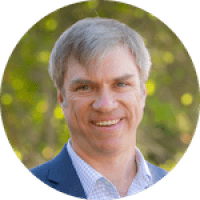
Michael Everest and his colleagues in the Chemistry Department examined data on educational outcomes in their courses. They discovered that students of color were not succeeding at proportional rates and spent several months researching the literature on chemistry education to learn more about the possible causes. Faculty in the department are implementing a number of evidence-based practices found to reduce inequity in educational outcomes, including peer-led team learning sessions and wise feedback.
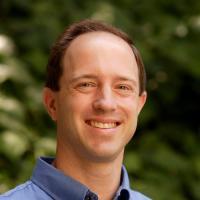
Steve Julio has reassessed the narratives of the history of science covered in his physiology course to ensure that students encounter the contributions of women, people of color and scientists outside of the West.
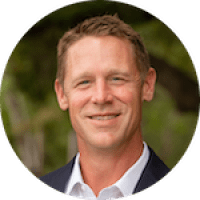
Tom Knecht, professor political science, is developing a new course on race and politics, which will explore the intersection of ethnicity, demographics, social policy, political action, racial politics, ideology and public opinion.

Enrico Manlapig is helping students encounter the range of perspectives among economists on race and the economy.
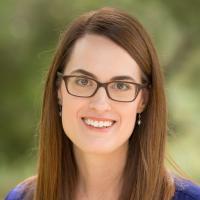
Rebecca McNamara, who teaches medieval literature, has emphasized how the label “Anglo-Saxon” is not an accurate representation of the cultural and ethnic make-up and artistic production in early Britain. She is reframing the introduction to familiar texts, such as “Caedmon’s Hymn” in Bede’s “Ecclesiastical History of the English People,” to underscore their multiethnic predecessors and influences.
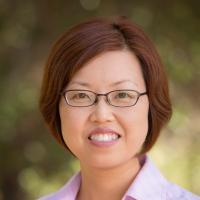
Helen Rhee, who teaches church history, looks at race as a social construct in the ancient world, particularly examining the ways early Christian texts used the concept of race in their characterizations of Christian identity. Her courses decenter Western Christianity and enable students to understand the broader history of the church throughout the world, particularly in the eastern Mediterranean world.
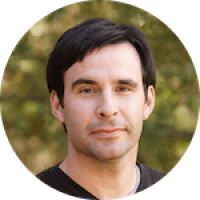
Mitchell Thomas, professor of theatre, and his departmental colleagues are drafting an anti-racist statement for the program, auditing all courses to ensure that reading lists are diverse, inclusive and equitable, and creating reading groups with colleagues from music and art to facilitate conversation around race and the arts at Westmont.
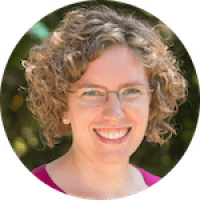
Meredith Whitnah, who teaches sociological theory, places the work of W.E.B. Du Bois as a centerpiece in her theory courses to underscore his significance for the field and to move beyond the traditional heavy emphasis on European theorists.
“We think that the Christian liberal arts can give us the courage and grace to address racial tensions, yet more of our conversations about social injustice need to translate into actions in our curriculum and community,” Provost Sargent says. “The plans that we offer, as imperfect as they are, are not ends in themselves, but new steps on a journey that will require many to ache, to listen, to reorient our thinking, to redress harm, and to walk with greater humility with one another and with God.”
Pursuing Justice and Reconciliation in the Westmont Community
“Justice is at the heart of the gospel. Engaging with issues of social justice lies at the very core of our submission to God, who has told us to act justly, love mercy, and walk humbly with Him.”
Blake Thomas possesses a deep passion for pursuing God’s heart for justice and reconciliation. As the interim director of Intercultural Programs since June 2020, he strives to engage the Westmont community in a gospel-centered dialog about systemic racism and social justice.
Previously, Blake worked with a non-profit in Houston that assists churches in addressing issues related to poverty, culture, race, historical injustice and reconciliation in their communities. He prayerfully considered the opportunity to serve at Westmont and decided to continue his work of pursuing justice and reconciliation in a new way.
He strives to help Westmont students develop confidence that the gospel speaks directly to issues of race and oppression and conviction that the church plays an integral role in upholding the worth of every person as an image bearer of God. “Christianity has everything to do with oppression and suffering,” he says. “God doesn’t just care about soul and spirit. He cares for us in the here and now. It is for freedom that Christ has set us free.”
Growing up in a black church, Blake never questioned that, but he often encounters students discouraged by the church’s disregard for issues affecting people of color. As leader of Intercultural Programs (ICP), he seeks to support students who believe they must leave the four walls of the church for other movements to work for justice and racial inequality. He wants ICP to be a community that encourages people to view questions of race, justice and equity through a Christ-like framework. “Justice is at the heart of the gospel,” Blake says. “Engaging with social justice doesn’t distract the church from the gospel; it lies at the very core of our submission to God, who has told us to act justly, love mercy and walk humbly with him.”
To more effectively engage in gospel-centered justice and reconciliation within the Westmont community, Blake has fostered collaboration between ICP and other Westmont programs, including the Campus Pastor’s Office, Ministry and Outreach, Spiritual Formation Coordinators, and the Westmont College Student Association (WCSA).
Under Blake’s leadership, ICP has organized several opportunities to discuss systemic racism and social justice. A two-unit course, the Racial Justice Study Series, allows students to explore issues such as the history of racist ideas, injustice in the colonial world and the United States, the formation of ethnic identities and postcolonial theology.
In partnership with WCSA, ICP hosted a Zoom event, Conversations that Matter, where students examined whether social justice is biblical, addressed Westmont’s current racial climate, and discussed the role of the church in combating racism and oppression.
ICP has joined with WCSA to develop a three-part Zoom series, Biblical Lament. Part I considered the meaning of lament, and Part II will focus on self-examination and confession in addressing ways Westmont falls short as a community. Finally, Part III will emphasize the biblical hope we have for justice as we submit ourselves to God and work with him in this mission. ICP will also collaborate with the Ministry and Outreach Office in the spring to create several additional opportunities for students to engage issues of race and social justice within a biblical framework.
Recognizing that 2020 has left students feeling drained, Blake has worked on creating spaces of rest, community and healing for Westmont students within ICP. Reinvigorated conversations about race have sparked a new passion for social justice in many students but have also exhausted students of color, who have dealt with these issues on a daily basis and wonder why these discussions are only now taking place. Blake intentionally fosters the emotional and mental health of ICP students.
Ultimately, Blake firmly believes that Scripture must take primacy when engaging issues of social justice in the Westmont community. The Bible calls the church to pursue both reconciliation and justice. “They are connected,” Blake says. “You can’t have one without the other. As Christians, we must focus on both.” Reconciliation means more than the absence of conflict. True reconciliation requires justice and demands right and equitable relationships. Similarly, Blake emphasizes that justice without reconciliation is not biblical justice, “Christ calls us to live at peace with all people and desires his church to demonstrate unity in the midst of a culture of division.”
